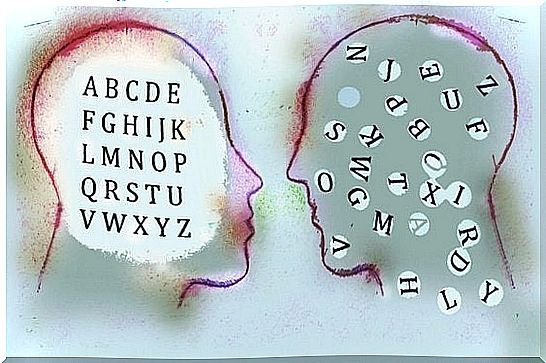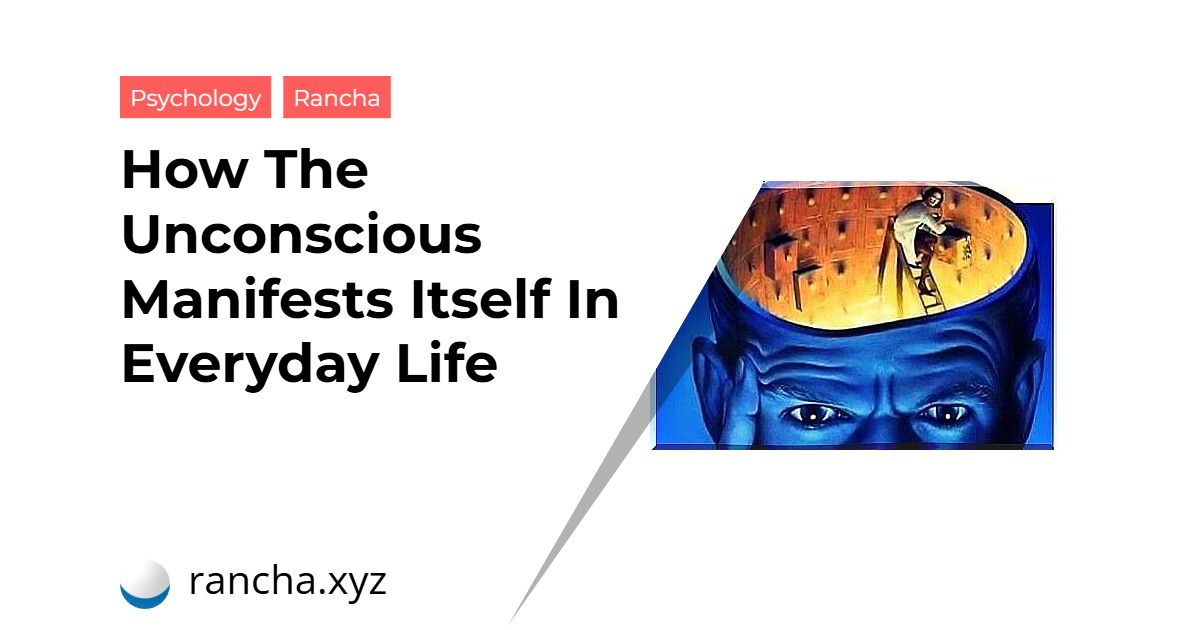Sigmund Freud, father of psychoanalysis, noticed phenomena that, for other scientists of the time, went unnoticed. One of them was the manifestation of the unconscious in everyday life. From his observations, a work was born that became a classic on the subject: On the Psychopathology of Everyday Life.
In this work, Freud identifies small day-to-day phenomena that are part of that portion we call “irrational”. These are expressions that break logic, so to speak. There are behaviors such as selective forgetting, lapses, faulty acts and others.
One of the most interesting aspects of Freud and of this subject in particular is that these statements overturned the idea that human beings can be driven exclusively by reason, the processing of the conscious. The fact is that in our way of thinking, feeling and acting, there are agents of influence that do not pass through our conscience.
The important point of all this is that Freud showed that these elements that do not pass through our consciousness are those expressed in an involuntary way. He also explained that these ignored contents were the ones that ended up making the suffering more chronic and, finally, making us sick.
The lapses, a manifestation of the unconscious in everyday life
Mistakes are unintentional errors in language. We want to say one thing and end up saying another. This confusion is often funny and not given much importance. However, Freud’s clinical eye saw in the lapse much more than meaningless errors. The lapses would be one of the ways through which unconscious desires or contents manifest themselves.
Lapses can be spoken or written. There are very famous lapses, as when Mariano Rajoy, former president of Spain, said during a debate: “What we did, what you didn’t do, was deceive people”.
Or when former President Juan Manuel Santos, Nobel Peace Prize in 2016, pointed out during a discussion: “This does not invalidate the number of votes cast in favor of corruption.” What he meant was “votes that were cast in favor of re-election”.
In the above examples, there is a confession of guilt. The lapse would be a way of seeking atonement through confession. It would be a way in which the unconscious expresses itself in everyday life.

Selective forgetting, another example of the unconscious in everyday life
The contents of our memory are not always available. We’ve all felt at one time how part of that great warehouse was closed just when we needed to find a souvenir. This is especially true with specific elements such as words.
What may seem weirder is forgetting something that should be fresh and that has some bearing on what we do often. This happens when we “forget” to do a task that was emphatically requested, or when we forget the name of a co-worker we see every day. Also in those situations where we have “a blank” in the middle of a presentation for which we are adequately prepared.
All these examples would be, under the paradigm of psychoanalysis, manifestations of the unconscious. What happens is that there is some factor that makes us reject certain contents because they are associated with desires, fears or aspects of which we are not aware.
We forget the task we didn’t want to do, the name of someone with whom we have some unrecognized difficulty, or the speech in which we will say things we don’t agree with.

the wrongdoings
Faulty acts are similar to lapses, but they are not about language, but about the action itself. These are situations in which we were going to do a certain thing, but ended up doing something else, without knowing why. The unconscious would defeat the conscience because the hidden desire is stronger than the recognized desire.
A faulty act happens when, for example, we go somewhere by public transport. We are sure that we read the route correctly, but we ended up too far from our destination because we missed the bus or subway line. The hypothesis is that our own rejection of the appointment with the dentist makes us impose an unconscious desire not to go.
All these manifestations of the unconscious in everyday life reveal what is deepest within us. In fact, they are not failures, but expressions of things that we carry within us and that struggle to get out.
 rancha.xyz Be free to choose their own route to self-knowledge, health and balance of body and soul.
rancha.xyz Be free to choose their own route to self-knowledge, health and balance of body and soul.




